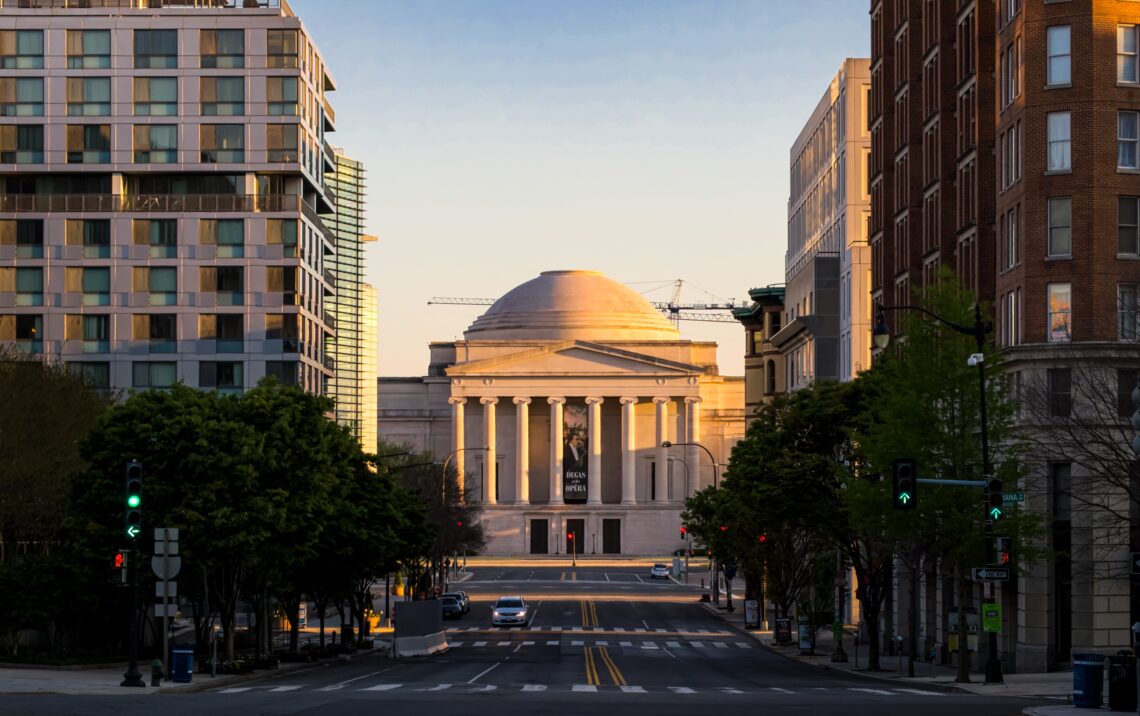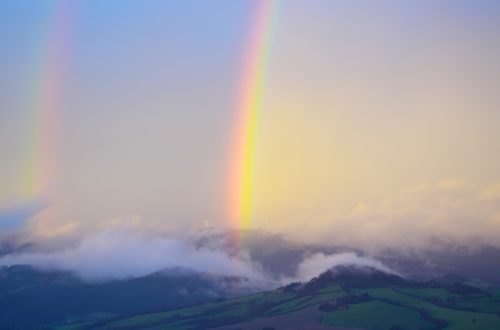
Detour Vs Destination: God’s Wanderers Are Never Lost
We’re all stuck in an unprecedented vortex of wheel-spinning frustration. Mankind continue to stand at a door to a formidable unknown. A biological enemy feeds our agoraphobic propensity to tuck into our homes, staring us down. It remains a sensible plan of action to protect others and ourselves, especially the highly fragile. But as we gather for battle, another adversary looms. In this oddly meandering battle of detour vs. destination, it’s clear: God’s wanderers are never lost.
As spot on as that is, it’s hard to recognize this truth on a day-to-day basis. The simplest errand is a roll of the dice. Many of us long for a pre Covid time when trips highlighted in red Sharpie decorated our calendars. Now we’re grounded. But all this time of sequestering has caused me to think a lot about the difference between the pause button and the stop button. It’s more significant than it might sound at face value.
Hit the Pause Button
Any pause represents a halting. It means we simply put things on hold. Covid caused us to hit pause on group meetings, friend and family gatherings, medical care, grooming, education and traveling. For most of us, being on hold is annoying. While for God a thousand days is like a year, a minute on hold to us feels like an eternity. Our time is valuable! As we “hold” during phone calls we are no doubt perusing emails, checking social media, brewing a triple espresso or some secondary tasks. In some ways, pause is much harder to stomach than stop. The unknown restart date is frustrating in its own right. That is markedly different from an actual stop, which by definition could mean more of a permanent halting.
On hold modalities during the pandemic stifle us in significant ways. Cars sit in the garage. Home food and cleaning supplies dwindle until it’s time to brave the store again. Our collective patience is wearing paper thin.
Slow Sands Through the Hourglass
But other things seems to proliferate. A week feels like a month. The time it takes to actually run a single errand multiplies itself by four. And if you were fortunate enough to get a stimulus check, it no doubt felt like it took six months to arrive. Now another may be coming and the wait begins anew.
Pondering these frustrating freeze frames and delays recently lead me to some helpful conclusions. Whether time felt like it was dragging or disappearing rapidly in another way, one thing became clear: we cannot control the pace of its passing. Time is a finite gift from God. And whether it feels rushed or excruciatingly slow to pass, the seconds are still seconds and the months are still months. Our mushrooming angst doesn’t alter Time’s finite increments. We can only change our attitudes about how time itself passes or is spent. That doesn’t come naturally, though. Mired in frustration, we instead steep like tea bags in boiling water.
Discerning Good Over Evil
God’s view cools the boiling point way down. We read in Psalm 90:4 that “a thousand years is like one day” to the Lord. Because He’s the Alpha and the Omega. His measure of time is on a clock so different from ours that we would likely not recognize its face. In Ecclesiastes 3:1-8 we read about the varied seasons and times for every matter under heaven. These familiar verses refer to various times of sowing and reaping, breaking down and building up, laughing and mourning. But probably one of the most telling verses applicable to our time is this one from Ephesians 5:16, which essentially says to make the best use of your time, because the days are evil.
In my upbeat vocation of encouraging others, I rarely speak of this reality. The fact is not everyone wants to hear about the evil days we are in now. In fact, for years I used to entirely dismiss such talk when it came up in my social circles. I deluded myself into thinking as long as I stayed focused on eternity and all the good things to come, I didn’t need to concern myself with evil.
But an honest embrace of all that’s good includes an upfront acknowledgment of what isn’t. That may sound simplistic but there is some real truth to that distinction. In Isaiah 5:20 the prophet warns readers by saying “woe to those who call evil good and good evil, who put darkness for light and light for darkness, who put bitter for sweet and sweet for bitter!” It’s important to be able to distinguish between the two so we recognize the good fruit.
Resting in His Perfect Presence
Spending our time in pursuit of good things and taking time to center our thoughts on Him not only pleases God, it calms us, too. At the end of the day, no matter what has occurred during any given day, we can take refuge in this verse from Psalm 31:15: “My times are in your hand; rescue me from the hand of my enemies and from my persecutors.”
In the past our enemies and persecutors might have been individuals or groups. But our new enemies might “present” more in the form of illness, economic hardship, curtailment of freedoms and other unseen entities. Thankfully, He’ll still prepare a table for us in the presence of those enemies, too (Psalm 23.) Even if we didn’t see these enemies coming, our Kinsman Redeemer always did. And He always will.
As I reframed my thinking about the day, I also did some soul searching about the future. Where media inspires alarm and dread over what is to come tomorrow, I’ve traded in that short-sightedness more akin to stopwatch timekeeping in for good. In its place, I hold in my hand an hourglass. The sands pass more slowly and their pace calms rather than alarms. And at the end of the day, I can rest in the knowledge that when the last grain passes, our Redeemer and Creator will make good on His promise to “make all things new. (Isaiah 43:18.)





3 Comments
Elizabeth Herbert Cottrell
What a beautiful reframing of this surreal time. “God’s wanderers are never lost.” I will remember this for a long time! And how important, as you said, to remember this is a pause, not a stop. In fact, it seems in many ways to be a life-giving pause—a chance to reset by new-found priorities and insights.
Sally Wessely
Cindy, thank you for sharing your thoughts on time with us. I know what you have written reflects the searching of your heart to understand the times in which we live in light of what God has to tell us about time and about his timelessness. The hourglass image is one I hope to keep before me as I walk through these days which are so different from any I have known before. Bless you, dear friend.
Donna Bucher
Cindy, I love the way you put things into perspective, the illustration of the hourglass is priceless. Time is an infinite gift from God. While a thousand years may seem like a day to the Lord, yet He satisfies us with His steadfast love in the morning and makes us glad though we have seen evil (days), Psalm 90:14-15. Indeed, we can rest on His promise of making all things new.